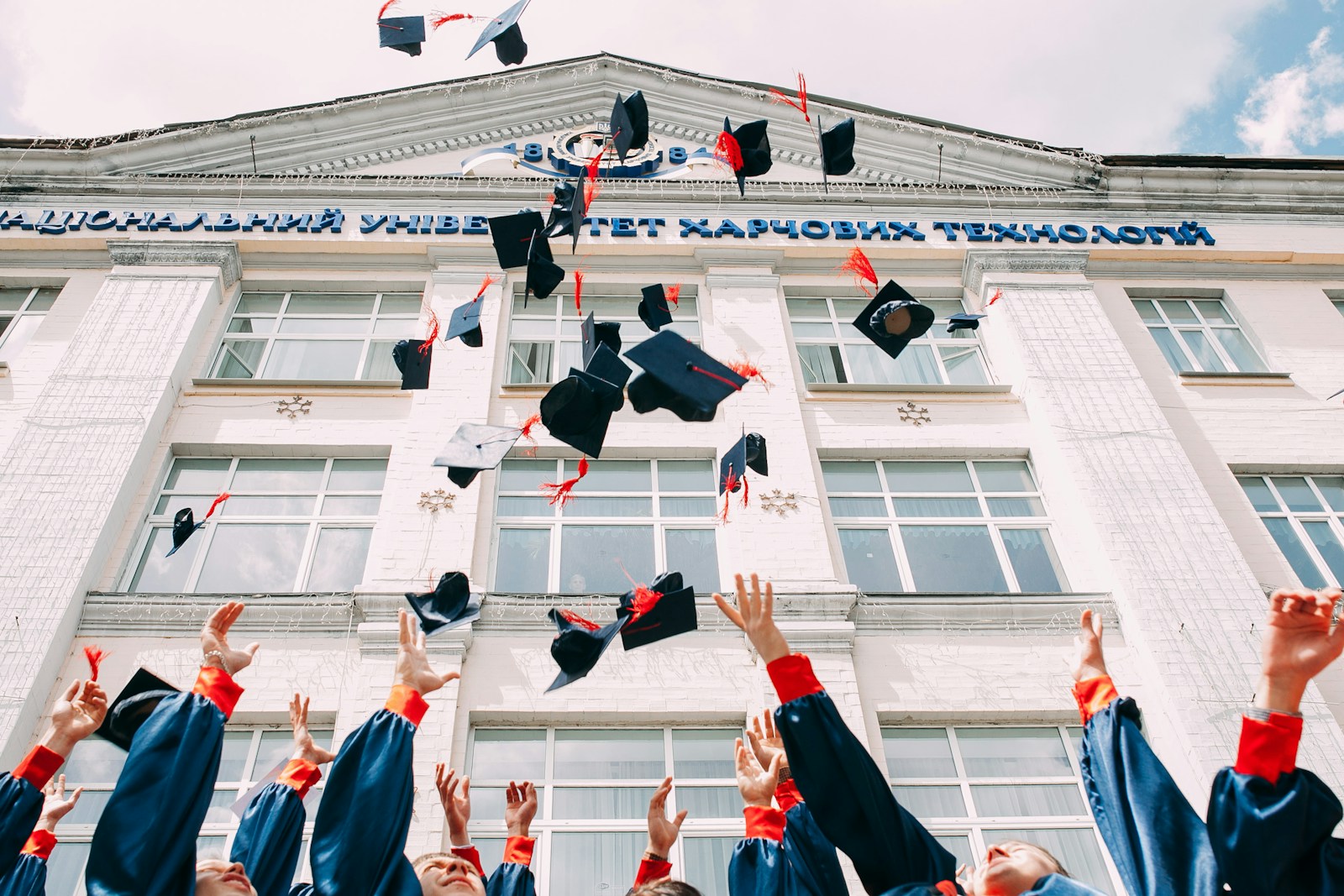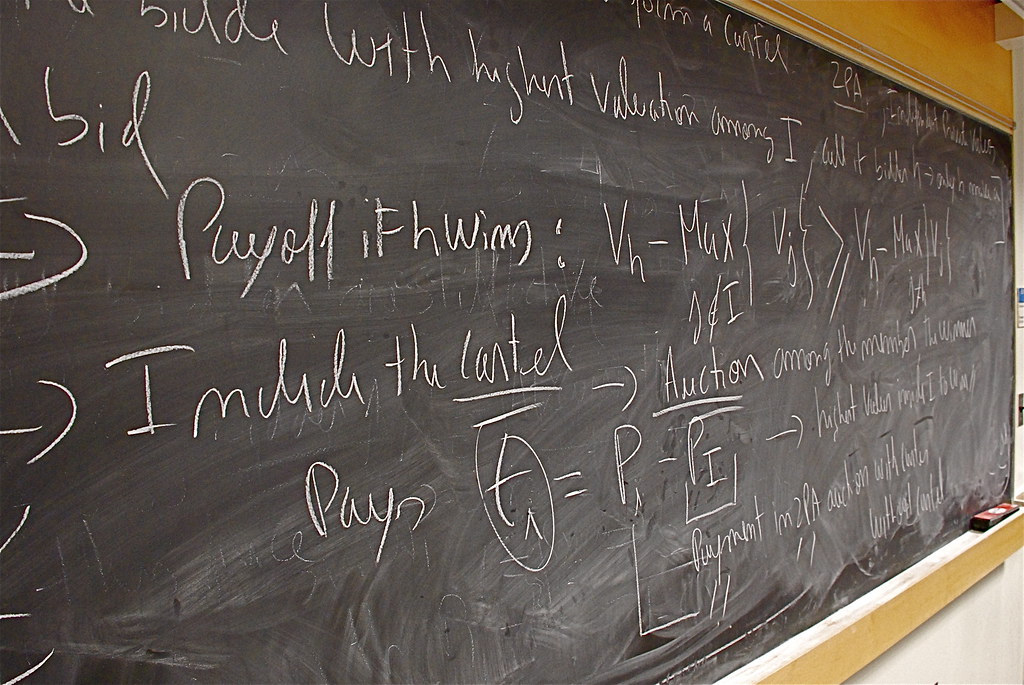Understanding school failure among gifted children is a complex issue that affects many students who, despite their high cognitive abilities, fail to thrive in traditional school settings. Research suggests that between 9% and 28% of students with high abilities experience underachievement during their education, with up to 50% potentially underachieving at some point in their academic journey. This challenges the assumption that high intelligence always leads to high academic achievement.
The underachievement of students with high abilities is influenced by a range of internal and external factors. Internal factors include a lack of motivation, emotional disturbances, perfectionism, a low sense of self-worth, and difficulty in setting realistic goals. Many students with high abilities also experience imposter syndrome, which leads them to doubt their abilities despite evidence of their competence. Additionally, heightened sensitivity and overexcitabilities can make emotional regulation challenging, further contributing to underachievement. Gifted learners often struggle with their perception of school, often feeling bored or disconnected from the curriculum. Emotional and social difficulties also play a critical role, as some students with high abilities face challenges like anxiety, depression, or difficulty fitting in with peers. External factors are equally significant contributors. The school environment, including the attitudes of teachers and peers, greatly affects students with high abilities. A lack of challenging opportunities, a mismatch between learning styles and teaching methods, or negative relationships with teachers can all contribute to underachievement. Family dynamics and socio-economic status further complicate the picture, as parental expectations, involvement, and the home environment can either support or hinder a gifted child’s success.
Addressing the underachievement of gifted children requires a comprehensive approach that considers both the internal and external factors affecting them. Schools, families, and policymakers must work together to create an environment that nurtures not only the intellectual abilities of students with high abilities but also their emotional and social development. Teachers and parents need to recognize that high intelligence does not guarantee success, and gifted children require support and guidance to reach their full potential. Interventions should focus on enhancing motivation, fostering a positive self-image, and providing appropriate challenges in the school curriculum. Emotional support is also crucial, as it helps students with high abilities develop resilience and cope with the pressures they face. By adopting a holistic approach, educators and parents can help transform underachievement into success, ensuring that gifted children have the opportunity to realize their potential.



